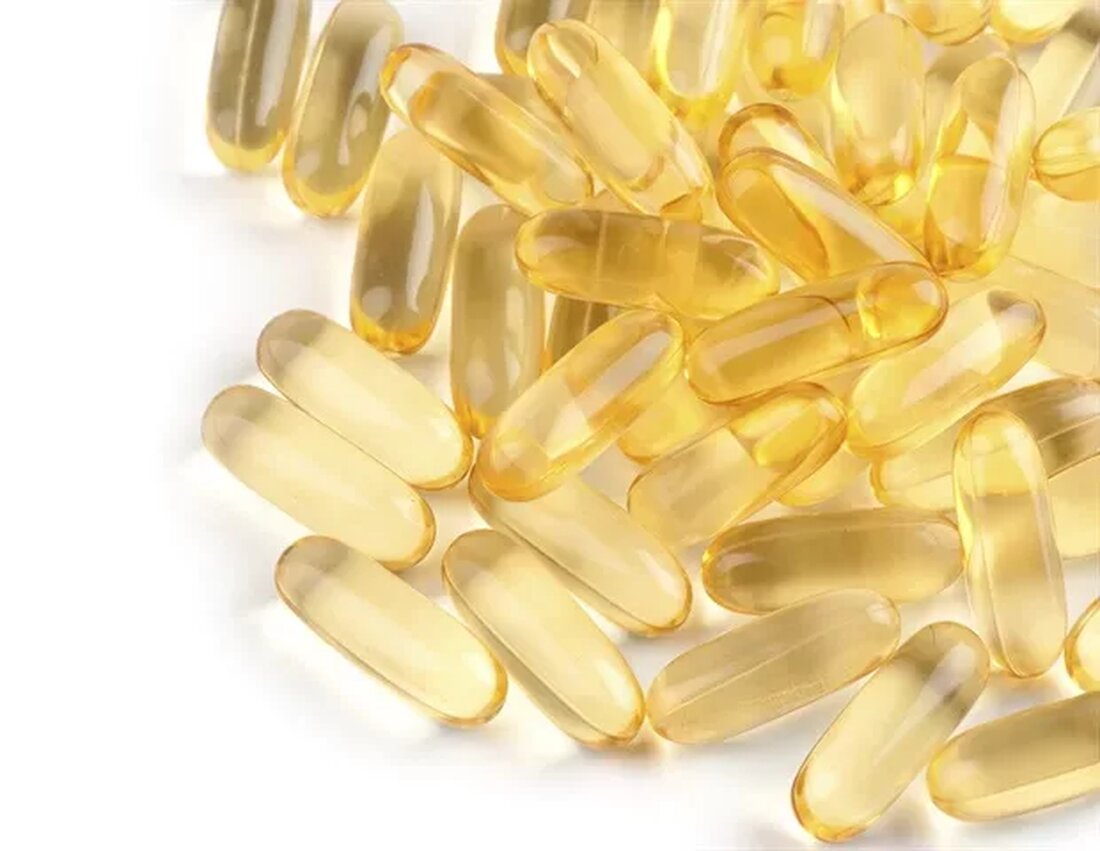Study shows: Dangerous misinformation about COVID-19 and vitamin D spread on YouTube
COVID-19 and Vitamin D Misinformation on YouTube: A Content Analysis JMIR Publications recently published the article “COVID-19 and Vitamin D Misinformation on YouTube: A Content Analysis” in JMIR Infodemiology. This article shows that although social media platforms such as YouTube can be a cost-effective and effective method for disseminating accurate health information, misleading and false information shared on YouTube can be dangerous to viewers. The confusing nature of the data and claims about the benefits of vitamin D, particularly in preventing or curing COVID-19, is influencing both viewers and general commercial interest in “immune boosting.” The aim of this study was to determine how...

Study shows: Dangerous misinformation about COVID-19 and vitamin D spread on YouTube
COVID-19 and vitamin D misinformation on YouTube: A content analysis
JMIR Publications recently published the article “COVID-19 and Vitamin D Misinformation on YouTube: A Content Analysis” in JMIR Infodemiology. This article shows that although social media platforms such as YouTube can be a cost-effective and effective method for disseminating accurate health information, misleading and false information shared on YouTube can be dangerous to viewers.
The confusing nature of the data and claims about the benefits of vitamin D, particularly in preventing or curing COVID-19, is influencing both viewers and general commercial interest in “immune boosting.” The aim of this study was to determine how information about vitamin D and COVID-19 was presented on YouTube in 2020. YouTube video data for the search terms “COVID,” “coronavirus,” and “vitamin D” was collected and analyzed for content and usefulness criteria.
Qualitative content analysis and simple statistical analysis were used to determine the frequency and extent of troubling content, such as confusion between correlation and causation regarding the benefits of vitamin D.
A total of 77 videos with a total of 10,225,763 views were included in the analysis, with more than three-quarters of them containing misleading content about COVID-19 and vitamin D. Additionally, 45 of the 77 videos confused the relationship between vitamin D and COVID-19, with 46 of 54 videos stating that vitamin D has preventative or curative abilities.
The spread of misinformation is particularly concerning when it is spread by medical professionals. Existing data suggesting that vitamin D has immune-boosting abilities may contribute to viewers' confusion or mistrust of health information.
Dr. Cheryl E. Peters said: “The SARS-CoV-2 virus outbreak is a serious global threat accompanied by an ‘infodemic’ of health misinformation and disinformation.”
Although social media can be a valuable tool for free dissemination of health messages, especially when widely used worldwide, the abundance of both accurate and false health information available to the general public through mainstream and social media can lead to risky health behaviors and, in some cases, even lead to death.
For example, recent work by Scher et al. showed that people who are susceptible to misinformation on a particular topic are more likely to be influenced by a variety of misinformation, and that people with lower levels of education and health literacy, lower trust in the health care system, and more positive attitudes toward alternative medicine are also more susceptible to believing misinformation.
Research shows that people go online to examine and diagnose symptoms, look up treatments and alternative treatments, research information from health professionals, research personal and public health questions and topics, connect with others who have similar health conditions or concerns, and research and evaluate health care providers.
There is evidence that people use social media to access health information because they can supplement information from their health professionals and provide social support.
Summary
Inaccurate or inappropriate information about vitamin D and COVID-19 can be problematic for a variety of reasons, including leading people to take supplements and believe that doing so will protect them from a highly contagious disease that requires vigilant public health and vaccination.
The research team of Dr. In his research, Peters concludes that the results of their study indicate that confusing information about vitamin D having preventive or curative abilities against COVID-19 is prevalent on social media and dominates online discussions.
The concerns surrounding those spreading this type of health misinformation are unique during the unprecedented times of a global pandemic, when the public may be eager for advice on how to stay healthy.
Easily accessible online platforms can help reduce the spread of SARS-CoV-2. However, when misinformation is shared publicly, it can lead to increased spread of the virus or other poor health outcomes both immediately and in the future.
This study is an important contribution to public health because it shows that health professionals are a significant source of misleading information about the relationship between vitamin D and COVID-19 infection and severity.
Practical next steps to address this challenge include providing countermeasures to misinformation, preempting or debunking methods to curb risky “immune-boosting behavior” on social media and prevent the avoidable negative health consequences of unnecessary supplement use.
Source: JMIR Publications
Article reference: Quinn, E.K., et al. (2022) COVID-19 and Vitamin D Misinformation on YouTube: A Content Analysis. JMIR Infodemiology. doi.org/10.2196/32452

 Suche
Suche
 Mein Konto
Mein Konto
